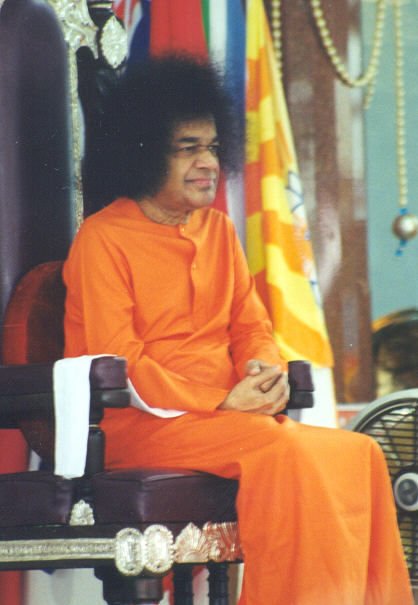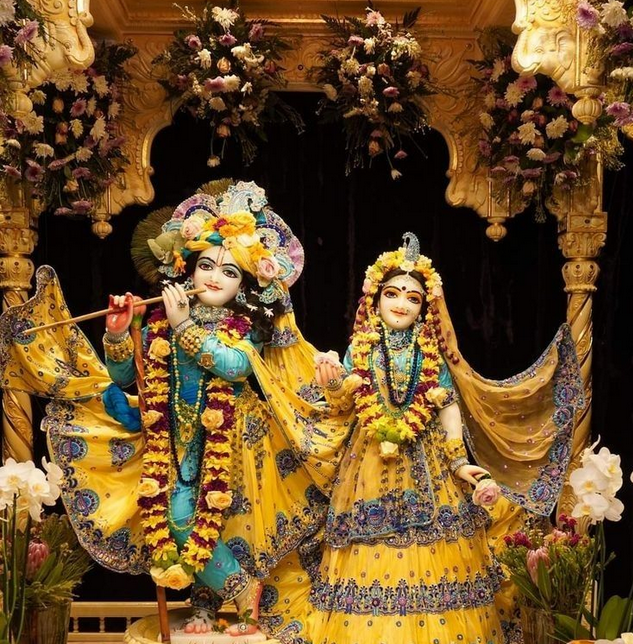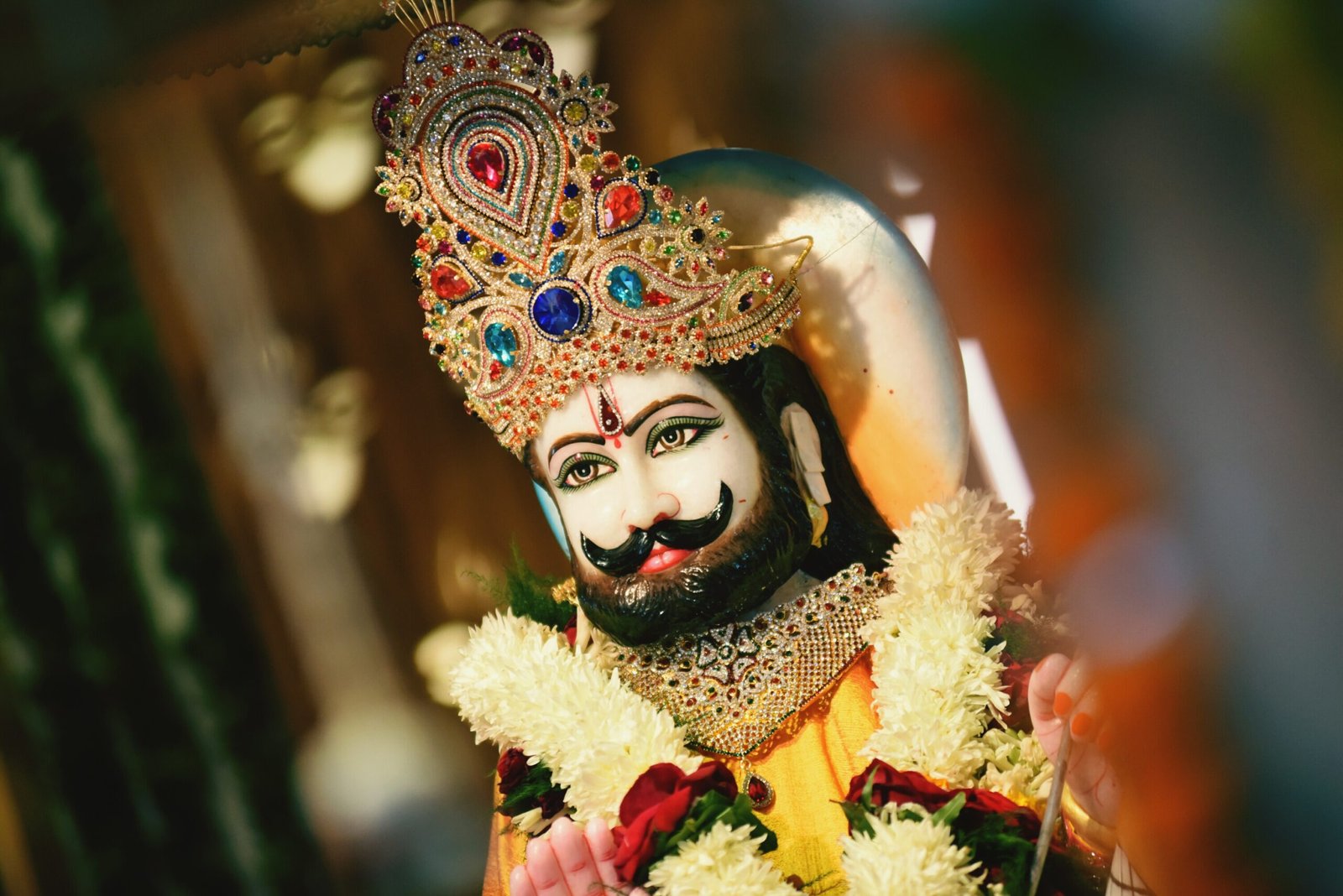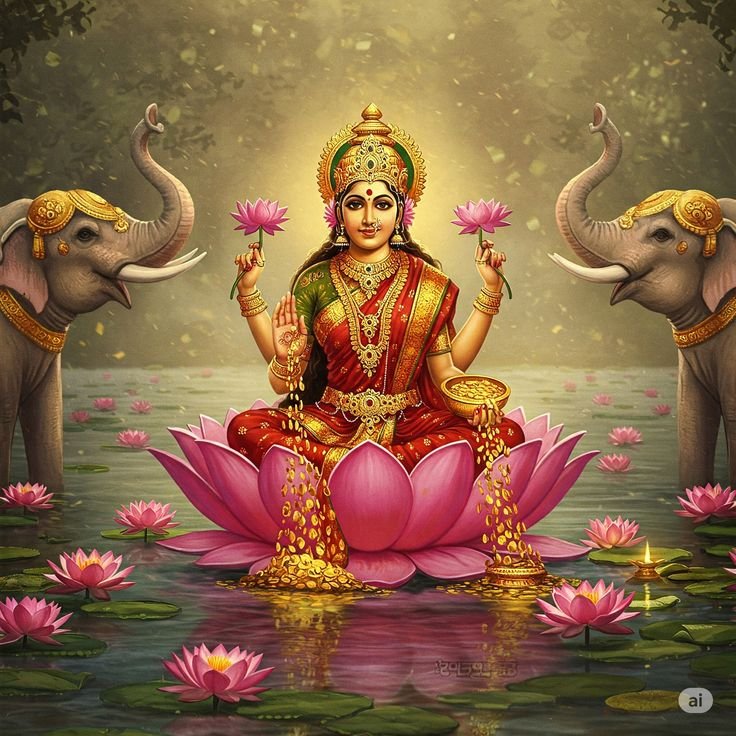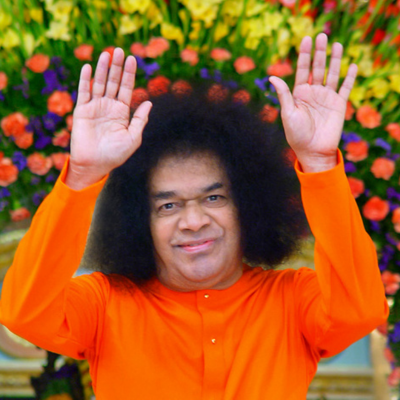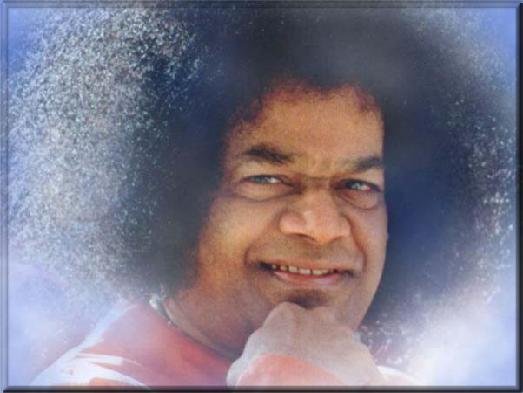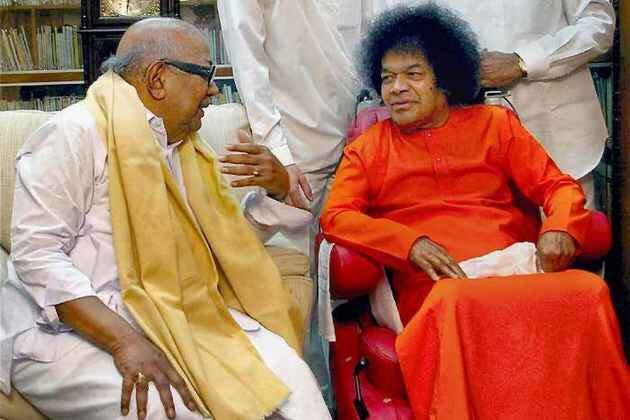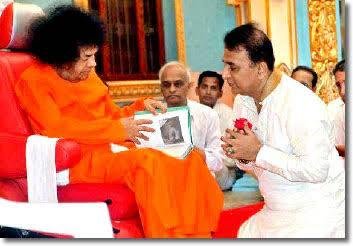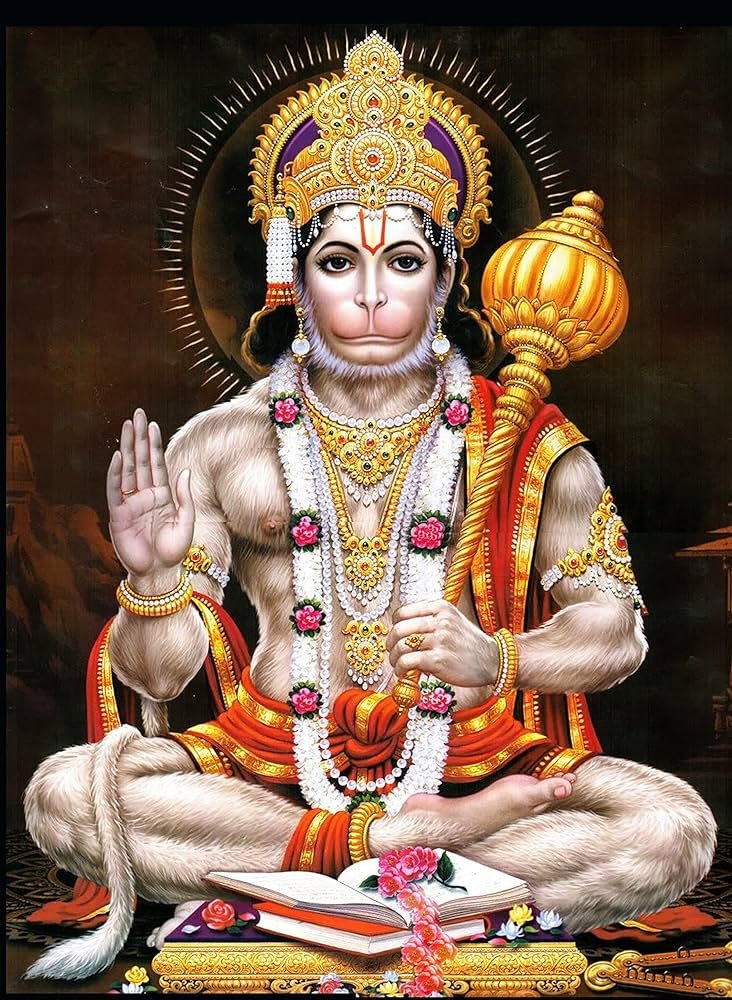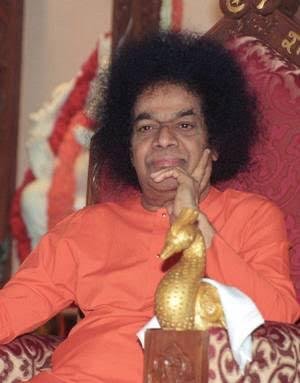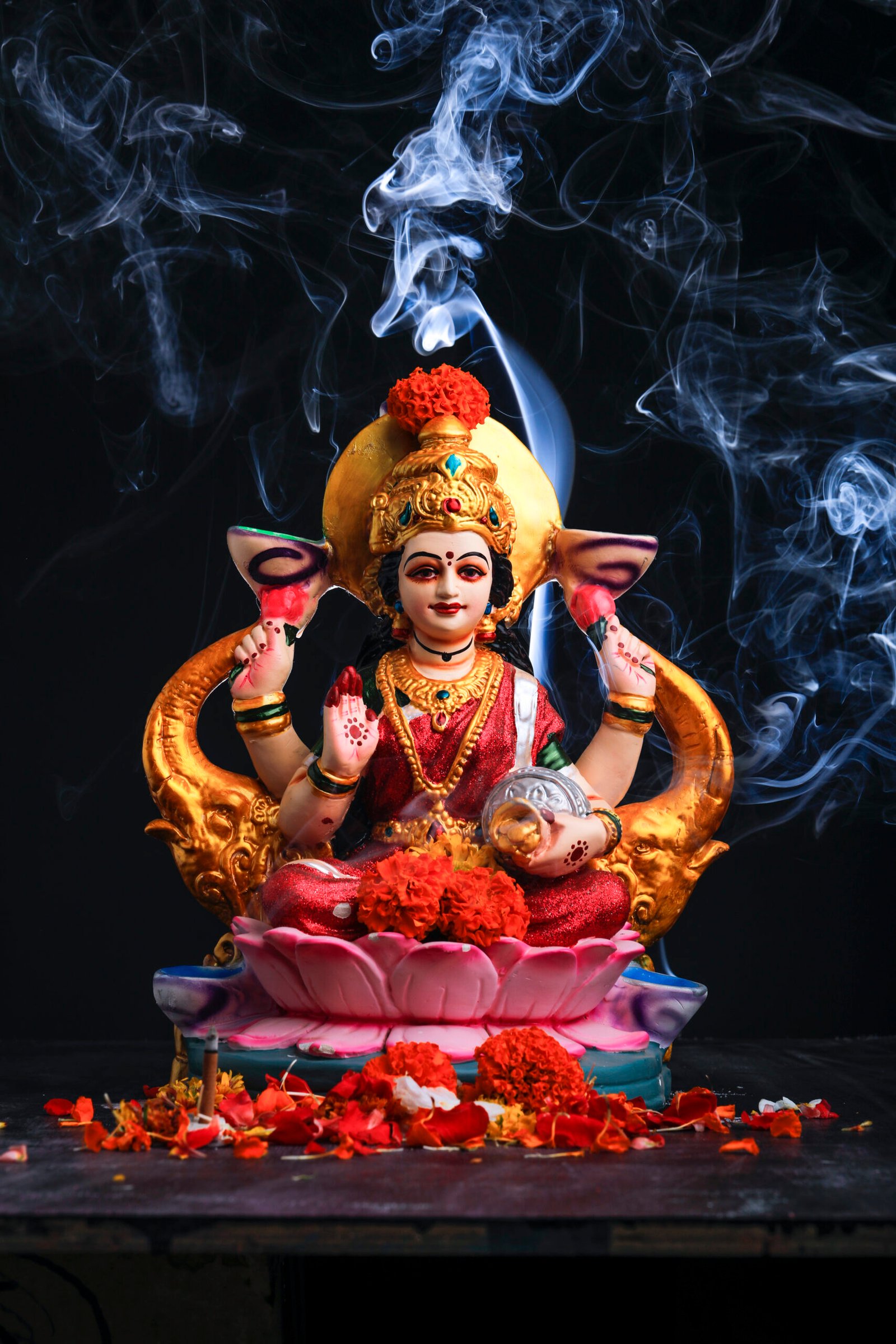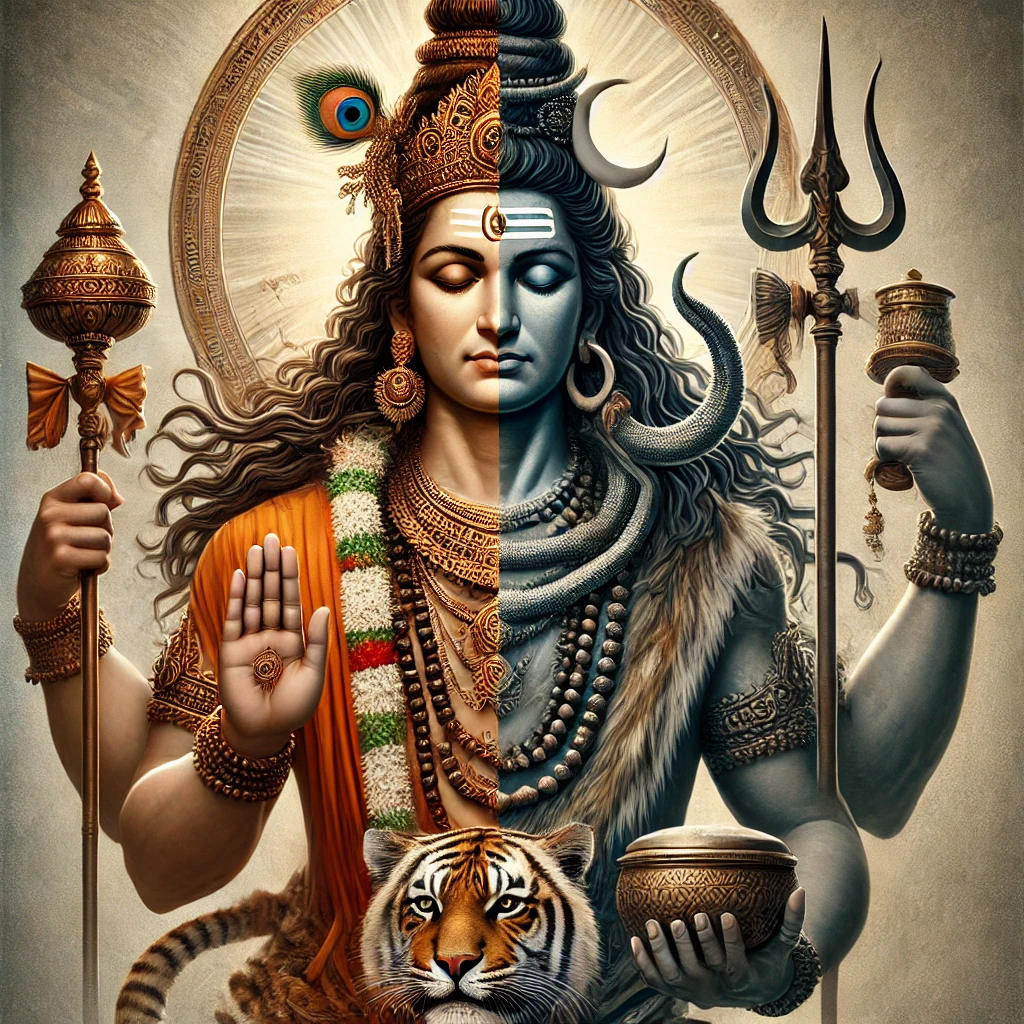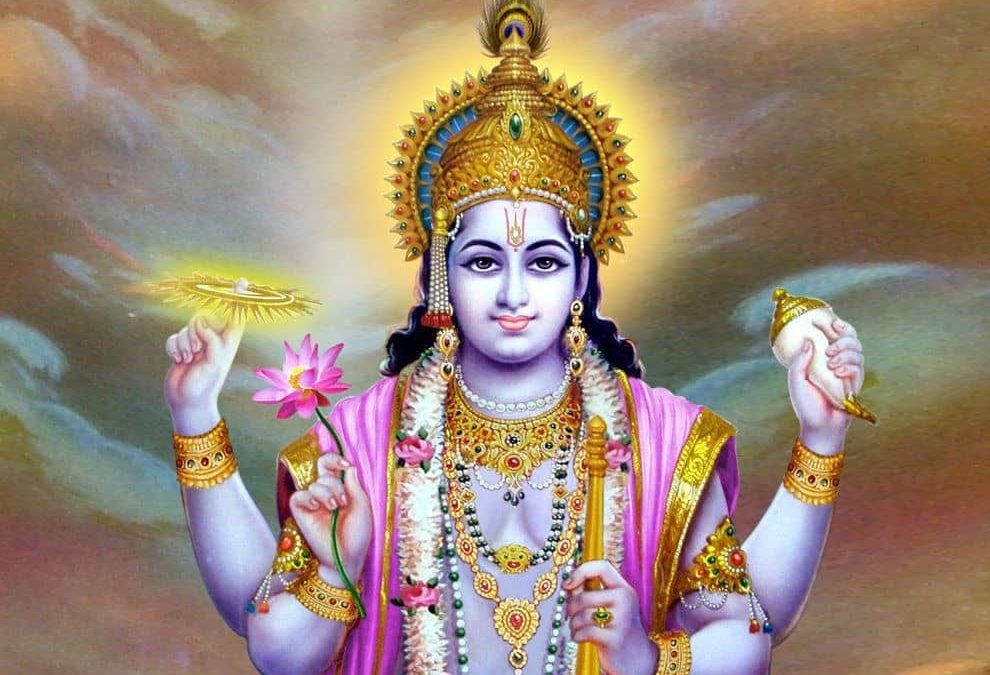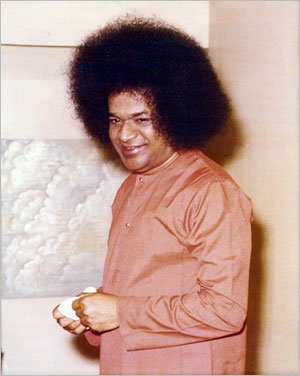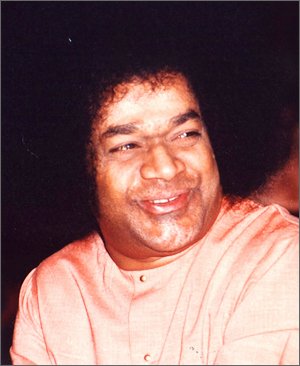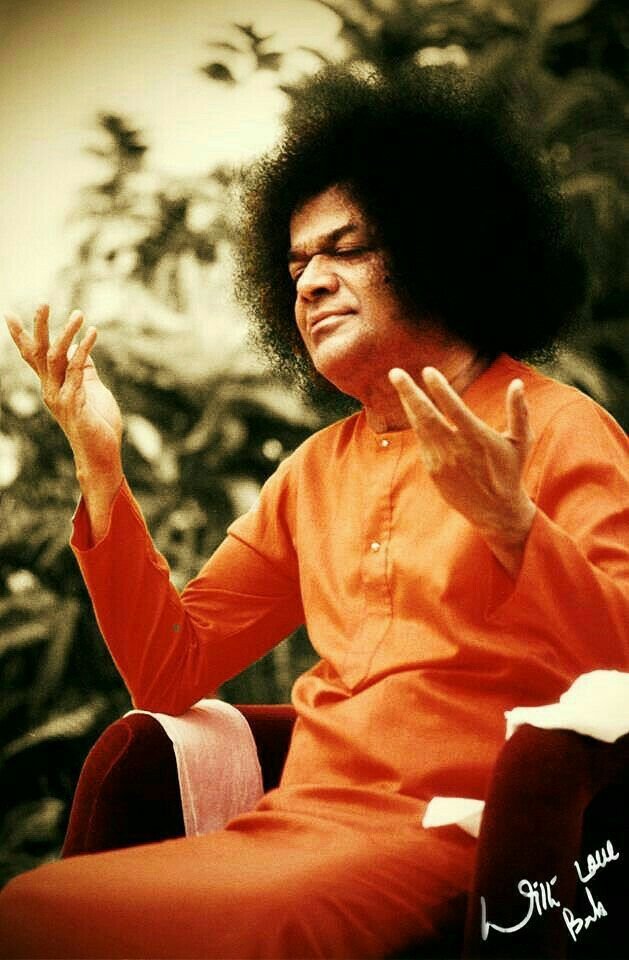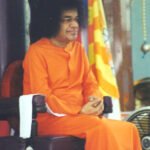Jnana Vahini
Jnana Vahini
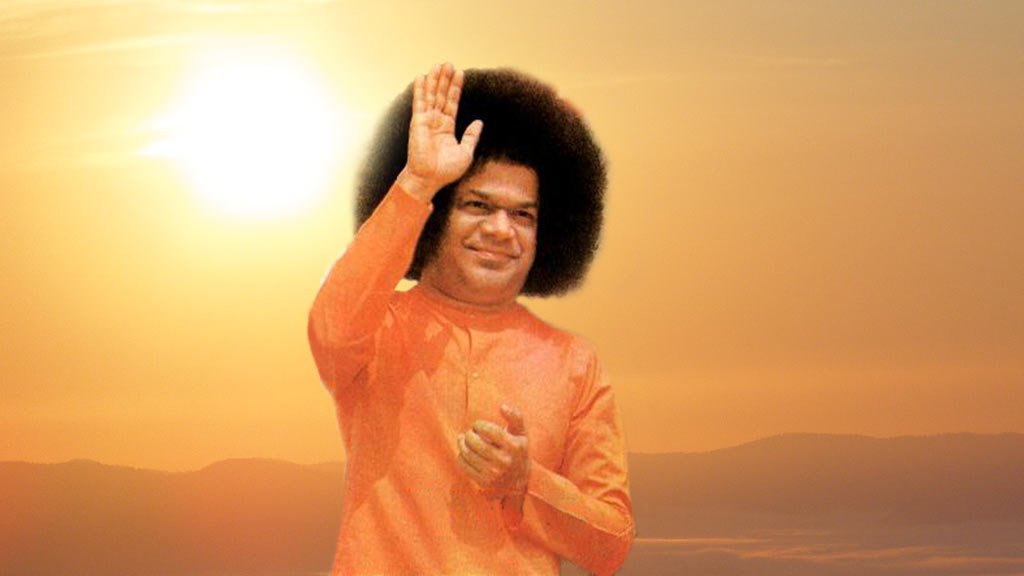
Sri Sathya Sai Baba’s Jnana Vahini, meaning “The Stream of Wisdom,” is one of the most profound texts in the Vahini series, a flowing river of spiritual insights that carries the seeker from the shallow banks of intellectual understanding to the deep ocean of Self-realization. Baba explains that Jnana—true wisdom—is not the accumulation of bookish knowledge or intellectual debate, but the direct experience of the Atma, the eternal Self within. Knowledge is of two types: Apara Vidya, the worldly knowledge of sciences, arts, and skills, and Para Vidya, the supreme knowledge that reveals the unity of the individual with the universal. While worldly knowledge is useful for navigating life, it is temporary and limited, subject to change and decay. True wisdom, on the other hand, is changeless, eternal, and liberating. In Jnana Vahini, Baba lovingly guides seekers to distinguish between these two and to strive for the higher knowledge that alone can bestow lasting peace and bliss. He explains that just as a person asleep in a dream believes the dream to be real until awakening, so too man, bound by ignorance (ajnana), mistakes the world for ultimate reality. Jnana is awakening from this dream, realizing that the body, mind, and senses are transient instruments, while the Self is eternal, pure, and divine.
A central theme of Jnana Vahini is the nature of the Self (Atma). Baba insists that man is not the body, not the mind, not the intellect, but the witness-consciousness that observes all. The Atma is birthless, deathless, untouched by pleasure or pain, beyond caste, creed, and circumstance. It is the same in all beings, like the one sun reflected in many pots of water. To realize this truth is to attain liberation (moksha). Baba explains that ignorance makes us identify with the body and say “I am weak, I am poor, I am unhappy,” but wisdom dissolves this delusion and allows us to say with conviction, “I am the Atma, pure, eternal, and blissful.” Jnana, therefore, is not something new to be acquired but the uncovering of what already is. The Self is always present, but it is hidden by the clouds of ignorance, just as the sun is hidden by clouds. The practice of spiritual discipline removes these clouds, revealing the shining reality within. Thus, Baba describes Jnana as the goal of all spiritual paths, the culmination of devotion, action, and meditation.
Jnana Vahini also addresses the relationship between knowledge and action. Baba emphasizes that mere intellectual knowledge, without practice, is sterile. True Jnana is expressed in daily life through selfless service, compassion, and detachment. Knowledge without action breeds pride; action without knowledge may lead to blind activity. Therefore, the two must go hand in hand. Baba insists that Jnana does not mean renouncing society or neglecting duties but seeing all actions as offerings to God, performed without attachment to results. When one acts with this awareness, the doer disappears, and God alone remains as the actor. This harmony of wisdom and action leads to inner freedom, where one is untouched by success or failure, pleasure or pain. Baba often compares such a person to the lotus that remains in water but unstained by it. Living in the world but not of it—this is the mark of true Jnana.
An important section of Jnana Vahini explains the obstacles to wisdom. Baba points out that ego, desire, and attachment are the main barriers that bind the soul to ignorance. The ego says, “I am the body,” desire says, “I want this,” and attachment says, “I cannot live without it.” These chains keep man in bondage. To attain Jnana, these chains must be broken through discrimination (viveka) and renunciation (vairagya). Discrimination means the ability to distinguish between the eternal and the ephemeral, between truth and illusion. Renunciation does not mean giving up family or possessions but giving up clinging to them, knowing they are temporary. Baba assures us that such renunciation is not loss but true gain, for when we let go of the unreal, we gain the real. He reminds us that death can strike at any moment, and worldly achievements cannot accompany us; only the awareness of the Self remains. Therefore, wisdom means living every moment in the light of eternity, valuing what is permanent over what is passing.

In Jnana Vahini, Baba also highlights the harmony of devotion (bhakti) and wisdom (jnana). While some traditions present them as separate paths, Baba shows that they are deeply connected. Devotion purifies the heart and makes it soft and receptive; wisdom illumines the mind and reveals the truth. Devotion without wisdom may fall into blind sentiment, and wisdom without devotion may become dry intellectualism. But when devotion and wisdom unite, the seeker attains fullness. Baba explains that love for God naturally leads to knowledge of God, and knowledge of God deepens love for God. He uses the analogy of sugar and sweetness: love is like tasting the sugar, wisdom is like understanding its nature, but both belong to the same reality. Thus, the true jnani is also a great devotee, seeing the Lord everywhere and serving all as manifestations of the Divine.
A significant emphasis in Jnana Vahini is the practice of constant remembrance of God (smarana) and inquiry (atma vichara). Baba encourages seekers to repeatedly ask themselves: “Who am I? Am I the body that changes, or the Atma that is changeless?” Such inquiry gradually weakens attachment to the body and strengthens awareness of the Self. Along with this inquiry, constant remembrance of God through name, form, and mantra keeps the mind steady and pure. Baba reassures seekers that this path is not dry or difficult but filled with joy, for every step towards truth brings greater peace and freedom. He compares the process to peeling layers of an onion; as the coverings of ignorance are removed, the essence of the Self shines forth.
Another beautiful teaching in Jnana Vahini is the universality of wisdom. Baba stresses that Jnana is not the monopoly of scholars, monks, or ascetics; it is the birthright of every human being. Every person, regardless of age, gender, or background, has the capacity to realize the Self, for the Atma is the same in all. What is needed is sincerity, discipline, and love for truth. Baba demystifies the pursuit of wisdom, showing that it is not about mastering scriptures or performing austerities, but about transforming daily life into a practice of awareness, detachment, and love. He calls on seekers to see God in everyone, to act with compassion, to speak truth, and to cultivate silence of the mind. These simple steps gradually open the door to Jnana.
In conclusion, Jnana Vahini is both a map and a companion for the spiritual journey. It shows the goal—Self-realization—and also the path—purity, discrimination, renunciation, devotion, and inquiry. Baba’s language in this text is direct yet compassionate, combining the authority of the Upanishads with the simplicity of a loving teacher. He reminds us that wisdom is not far away but already within, waiting to be discovered. Just as a person forgets their true identity in a dream but awakens to realize who they are, so too we must awaken from the dream of ignorance to realize our divine nature. Ultimately, Jnana Vahini calls us to live as the Atma, free from fear, desire, and sorrow, radiating peace and love to all. It invites us not merely to study wisdom but to become wisdom, not merely to know God but to be one with God. In this way, the stream of wisdom becomes a river of bliss, carrying the soul to the infinite ocean of liberation.





